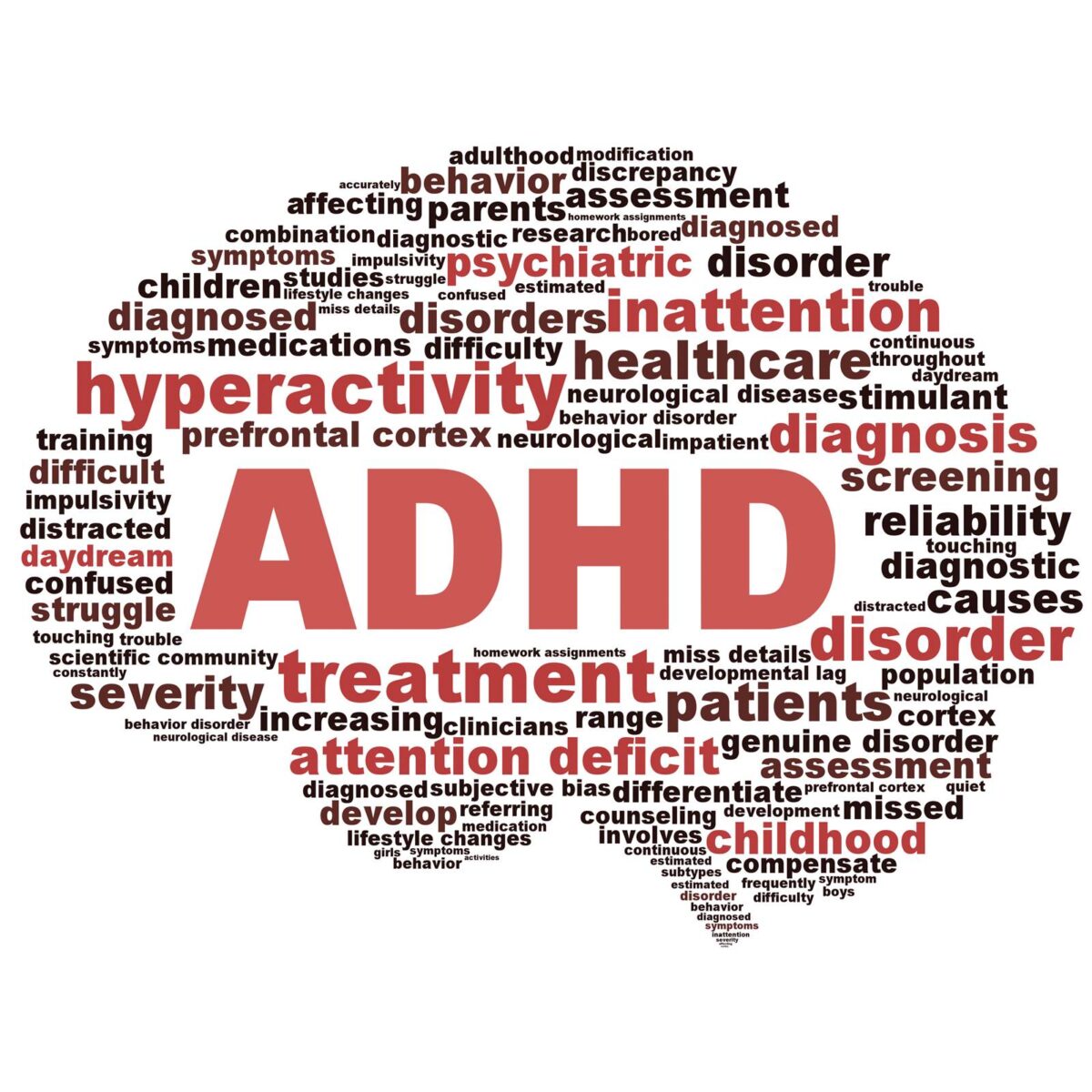Introduction
When a child is diagnosed with Attention Deficit Hyperactivity Disorder (ADHD), medication often becomes a focal point of treatment discussions. ADHD medications can play a significant role in managing symptoms and improving daily functioning, but they also come with potential drawbacks. Deciding whether medication is right for your child involves understanding both the benefits and the limitations. This article explores the advantages and disadvantages of ADHD medication to help you make an informed decision.
Understanding ADHD Medications
ADHD medications are generally classified into two categories: stimulants and non-stimulants. Each type works differently in the brain and has its own set of potential benefits and side effects.
Stimulant Medications:
These are the most commonly prescribed ADHD medication for kids the pros and cons include drugs such as methylphenidate (e.g., Ritalin) and amphetamines (e.g., Adderall). Stimulants work by increasing the levels of certain neurotransmitters (dopamine and norepinephrine) in the brain, which helps improve attention and reduce impulsivity.
Non-Stimulant Medications:
Non-stimulants, such as atomoxetine (Strattera) and guanfacine (Intuniv), are used when stimulants are not effective or suitable. These medications work through different mechanisms and may be preferred for children who experience significant side effects with stimulants.
Advantages of ADHD Medication
Improved Focus and Attention:
One of the primary benefits of ADHD medication is its ability to enhance focus and attention. Many children experience significant improvements in their ability to concentrate on tasks, follow instructions, and complete schoolwork.
Reduced Impulsivity and Hyperactivity:
Medications can help manage symptoms of impulsivity and hyperactivity, which often lead to disruptive behavior and difficulties in social situations. By reducing these symptoms, children can engage more effectively in classroom activities and interactions with peers.
Enhanced Academic Performance:
With improved focus and reduced behavioral issues, children on ADHD medication may perform better academically. They may be able to complete assignments on time, participate more in class, and achieve better grades.
Better Quality of Life:
Effective medication management can lead to improvements in overall quality of life. Children may experience better relationships with family and peers, increased self-esteem, and greater satisfaction with their daily activities.
Disadvantages of ADHD Medication
Side Effects:
ADHD medications can have side effects, including loss of appetite, trouble sleeping, stomachaches, headaches, and irritability. While these side effects are often temporary and manageable, they can be concerning for both the child and their parents.
Potential for Abuse:
Stimulant medications, in particular, have the potential for misuse or abuse, especially among adolescents. It’s crucial to monitor the use of these medications and ensure they are taken as prescribed.
Variable Effectiveness:
Not all children respond to ADHD medication in the same way. Some may experience significant improvements, while others may see minimal or no benefit. Finding the right medication and dosage often involves a trial-and-error process.
Short-Term Solution:
Medication is often considered a short-term solution that addresses symptoms rather than underlying issues. It’s important to combine medication with other therapeutic interventions, such as behavioral therapy, for a more comprehensive approach to managing ADHD.
Making the Decision
Deciding whether medication is right for your child involves careful consideration of several factors:
Severity of Symptoms:
Evaluate the severity of your child’s ADHD symptoms and their impact on daily life. If symptoms are significantly impairing their ability to function at school, home, or in social settings, medication may be a viable option.
Response to Non-Medication Strategies:
Before considering medication, explore other treatment options such as behavioral therapy, organizational skills training, and environmental modifications. If these strategies do not provide sufficient relief, medication may be worth considering.
Consulting with Healthcare Professionals:
Consult with a healthcare professional, such as a pediatrician, psychiatrist, or psychologist, who specializes in ADHD. They can provide valuable insights into the benefits and risks of medication based on your child’s specific needs and medical history.
Informed Consent:
Ensure that you have a clear understanding of the potential benefits, side effects, and long-term implications of ADHD medication. Discuss these aspects thoroughly with your child’s healthcare provider and weigh them against the potential advantages.
Monitoring and Adjustments
If you decide to proceed with medication, ongoing monitoring and communication with healthcare providers are essential:
Regular Check-Ups:
Schedule regular follow-up appointments to monitor your child’s response to the medication. This allows for adjustments to dosage or medication type if needed and helps address any side effects or concerns.
Behavioral and Emotional Changes:
Pay attention to any changes in your child’s behavior or emotional state while on medication. Report any concerning symptoms or side effects to the healthcare provider promptly.
Combination with Other Therapies:
Consider combining medication with other therapeutic approaches, such as behavioral therapy or counseling. This holistic approach can address various aspects of ADHD and enhance overall treatment effectiveness.
Conclusion
Deciding whether ADHD medication is right for your child requires a thoughtful evaluation of its advantages and disadvantages. While medication can significantly improve focus, reduce impulsivity, and enhance academic performance, it also comes with potential side effects and limitations. By carefully considering your child’s specific needs, consulting with healthcare professionals, and exploring comprehensive treatment options, you can make an informed decision that best supports your child’s well-being and development.
